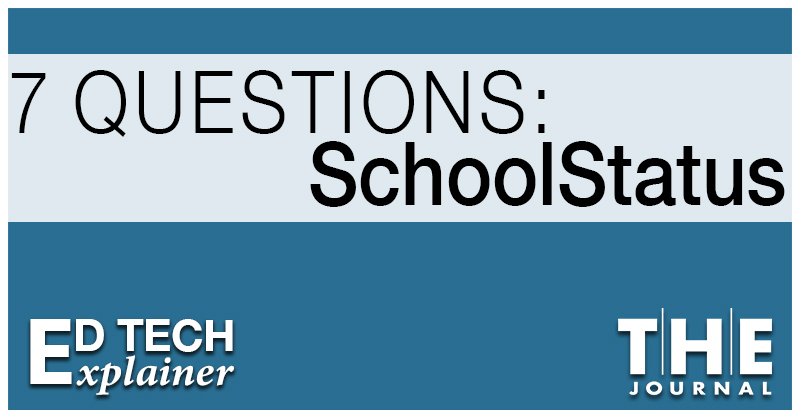
THE Journal’s “7 Questions: Ed Tech Explainer” series gives ed tech leaders an opportunity to summarize their solution(s), explain how their product helps educators and schools, and give a quick overview for K–12 decision-makers — sort of an extended (but not too extended) elevator pitch. For this installment, SchoolStatus Founder and CEO Russ Davis explains how SchoolStatus works in a school tech ecosystem, how it helps educators and students, and how it's pivoted over the past year.
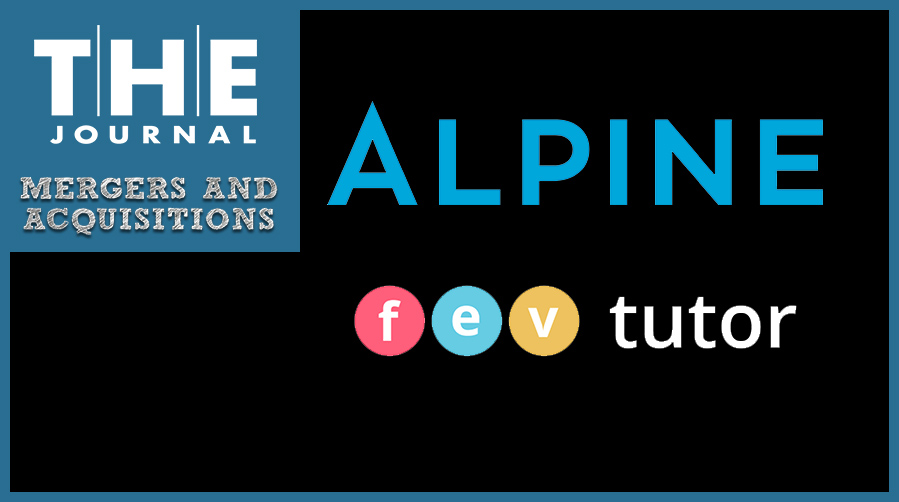
K–12 online tutoring platform FEV Tutor has been acquired by San Francisco-based private equity firm Alpine Investors, providing the resources for FEV Tutor to continue growing its product and its reach, according to a news release. Terms of the deal were not disclosed.
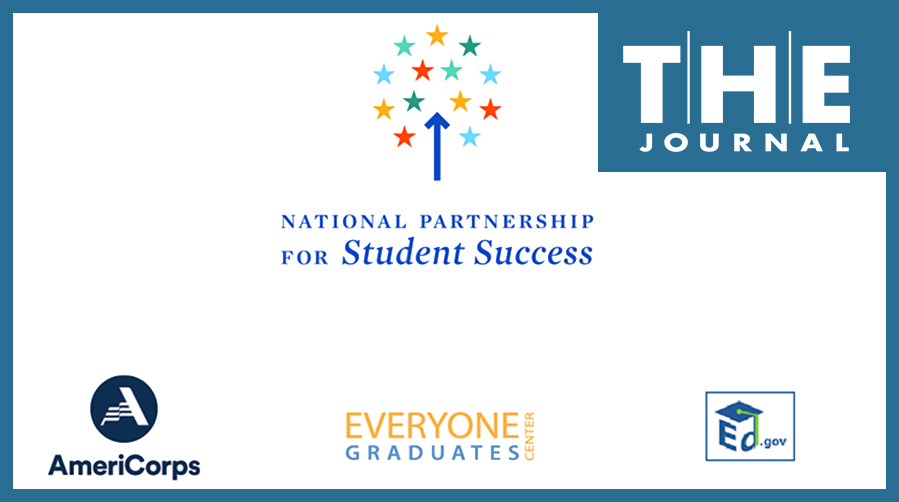
The U.S. Department of Education today launched the National Partnership for Student Success, a coalition with education and service organizations formed to help the nation’s public schools implement and improve high-impact tutoring, mentoring, and similar programs to boost pandemic learning loss recovery efforts and better support student well-being.
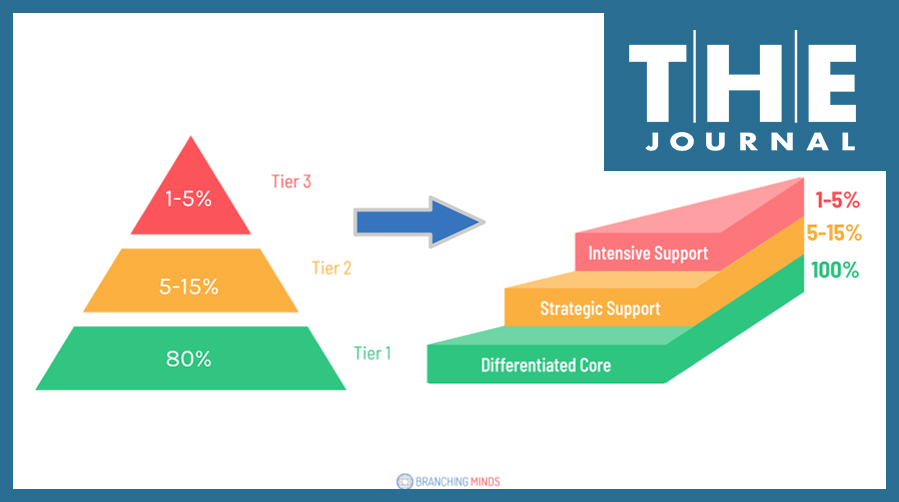
An educator and researcher explains how a simple shift in how educators understand and implement the Multi-Tiered System of Supports (MTSS) pyramid can help close the achievement gap in K-12 classrooms, schools, and districts.
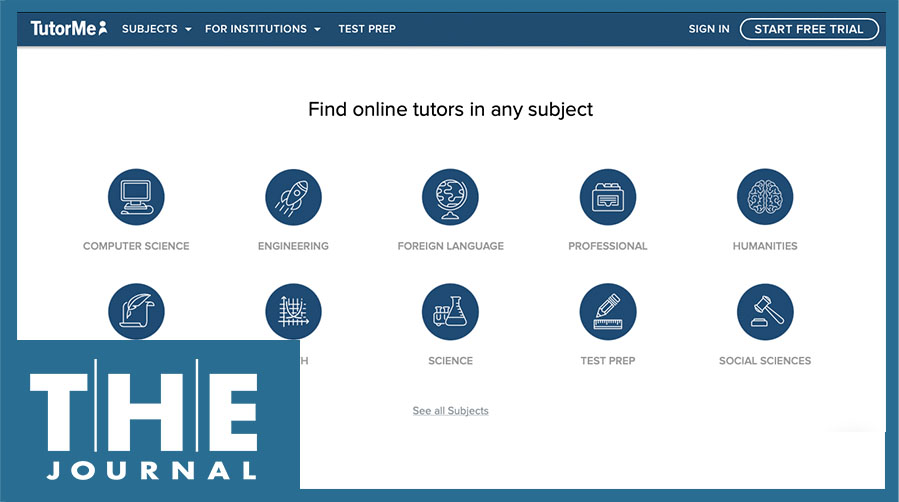
Amid explosive growth over the past two years, two recent top industry awards, and being acquired last month by GoGuardian, TutorMe Chief of Staff Kyle Baker spoke with THE Journal recently about the kind of tutoring that is proven to boost learning outcomes, how TutorMe's platform works, and what questions K–12 leaders should ask when considering a new large-scale tutoring program.
A STEM education expert from DigitalEd shares advice for teachers on how to help students overcome the "I'm just not good at math" mentality using classroom technology and early interventions.
An educator and global literacy advocate explains why the "summer slide" is a serious issue and offers tips for teachers to help families support their students' reading progress during summer without hampering their summer fun.
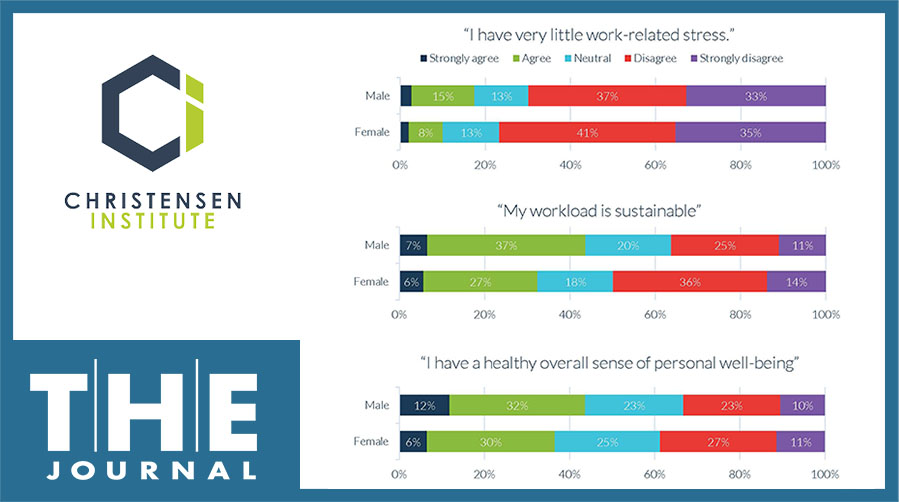
New educator survey data from the Christensen Institute released today offers insights into how K–12 teachers are faring, the technology they’re still relying on most, and how the pandemic continues to influence their instructional methods and tools, even with 97% of teachers back to in-person learning.
An educator and developer of a summer math program called ST Math Immersion explains how a shift in focus away from student deficits and toward the existing strengths they can build upon is central to the asset-based learning approach — and a great way to help students develop confidence, persistence, and a growth mindset.
A library media specialist shares tips to help educators give families attainable goals and simple steps to boost their students' reading skills over the summer and avoid learning loss while school's out.